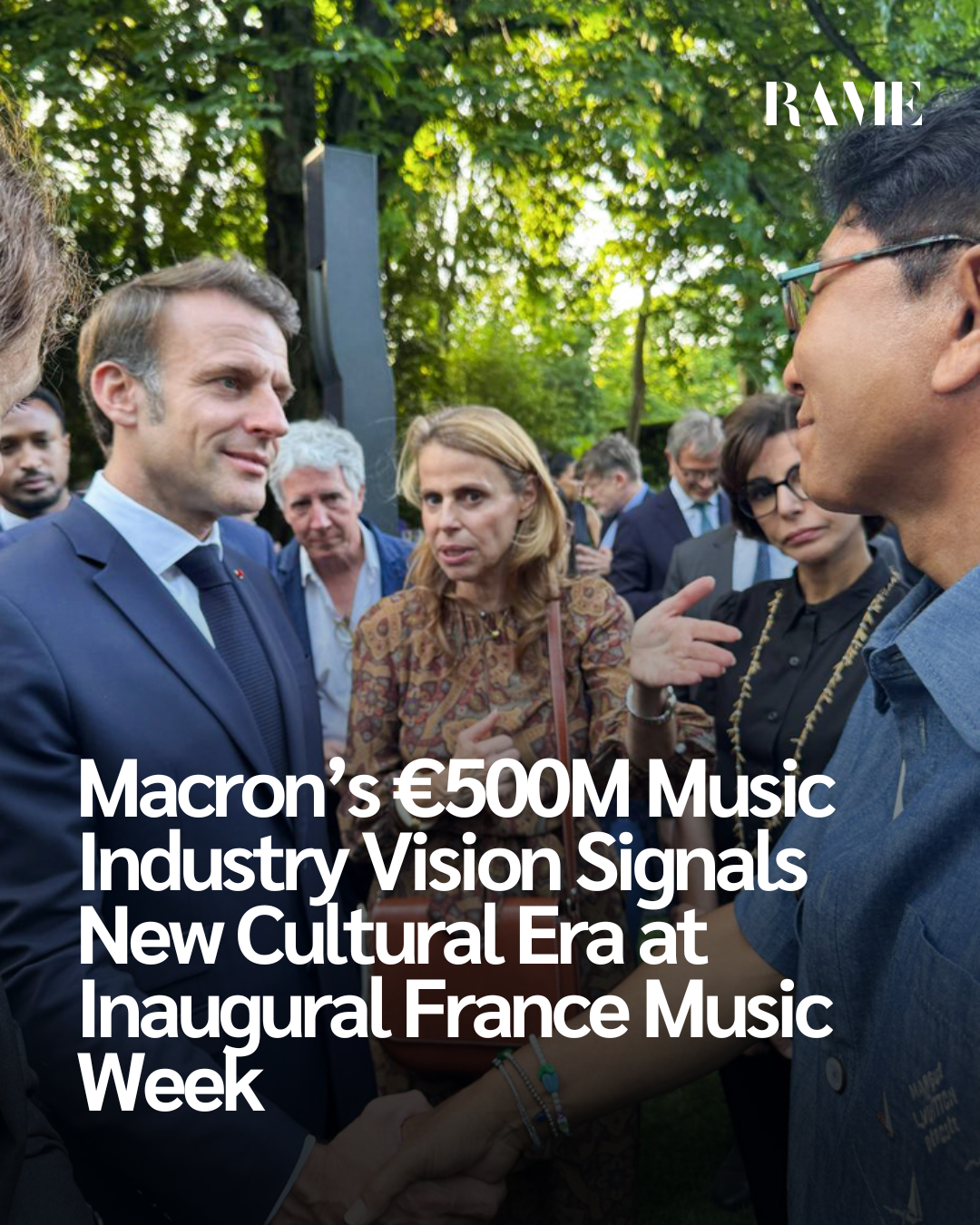The Stage is Set: A Cultural Summit With Global Implications
It was no ordinary week in Paris. Under the chandeliers of the Palais Garnier and the echo of basslines in the Louvre gardens, France hosted its first France Music Week a bold new experiment aiming to redefine the country’s place in the global music industry.
Capping off the week was a keynote address by President Emmanuel Macron, who didn’t just offer platitudes but put real money behind his words: a €500 million commitment to fuel France’s music economy through 2030. The announcement wasn’t just about national pride it was a clear signal of intent. France wants in on the future of music. And it’s ready to lead.
“France has major assets to boost its global attractiveness,” Macron told an audience of industry heavyweights. “We launched Choose France for business. Now, I want to do the same for music.”
A Strategic Infusion: Where the €500 Million Will Go
The funding, managed through Bpifrance, isn’t just symbolic. It’s structurally targeted:
- €125 million in equity for high-growth companies and international expansion
- €340 million in loans and guarantees to stabilize the ecosystem
- €35 million earmarked for music tech and innovation
It’s a calculated bet on a sector that blends art, tech, commerce, and identity. “Supporting businesses in the music sector means defending a key part of our cultural sovereignty,” said Culture Minister Rachida Dati at the event’s launch.
The tone wasn’t defensive, though it was aspirational. The message: France isn’t trying to catch up. It wants to shape the rules.
The Summit: Global Talent, Local Stakes
The France Music Week Summit convened 100 industry leaders from around the world. The guest list read like a music business power index:
- Robert Kyncl (CEO, Warner Music Group)
- Lyor Cohen (Head of Global Music, YouTube)
- Cécile Rap-Veber (CEO, SACEM)
- Lee Soo-man (Founder of SM Entertainment and the “father of K-pop”)
Each brought their perspective, but the recurring themes were universal: creator rights, global expansion, generative AI, and live music economics.
Warner’s Kyncl spotlighted global breakout Aya Nakamura as a case study in transnational artist development. Live Nation’s John Reid pointed to touring booms in Asia and the Gulf. But French voices were clear about domestic pressures too especially around AI and local venue sustainability.
“Mid-sized venues and local stages are struggling,” Macron noted. “Mega-concerts are great, but we can’t let them define the whole ecosystem.”
Macron’s Big Three: The Core Challenges Facing Music
At a closed-door session at the Élysée Palace, Macron distilled his vision into three urgent challenges:
- Fair Artist Compensation
Macron endorsed platforms exploring artist-centric and user-centric models, specifically calling out Deezer and its push for fairer streaming payouts. - Concert Inequality
While proud of hosting megastars like Beyoncé at Stade de France, Macron warned that the “new touring economy” threatens grassroots venues. The solution? A national strategy that balances blockbuster events with investment in smaller stages. - Artificial Intelligence
AI was the dominant undercurrent all week. Macron warned that unregulated generative AI could “lead to a dispossession of original work.” He urged Europe-wide policy coordination and ethical frameworks to ensure AI serves not replaces human creativity.
“Creation and innovation are not opposites,” he said. “Music has always been about reinvention. But we must ensure that reinvention does not erase origin.”
Lee Soo-man and the Future of Global Cultural Diplomacy
The summit wasn’t just about domestic strategy. It was also about alliances and few were more symbolic than Macron’s meeting with Lee Soo-man, founder of SM Entertainment and the visionary behind the K-pop industry.
Introduced by Macron as “the creator of K-pop,” Lee was invited to establish a permanent office in France. The move, according to A2O Entertainment, could represent “a symbolic turning point” in international creator rights protection.
“Fans will no longer just be consumers,” Lee said during his keynote. “They’ll be prosumers remixing, reinterpreting, and even monetizing content. That future must include legal protections for all creators including fans.”
Lee also explained his Culture Technology (CT) system the backbone of K-pop’s growth and urged collaboration between Korean and French artists.
Macron, visibly impressed, instructed Culture Minister Dati to follow up with actionable steps. This was more than a photo op it was diplomacy through creativity.
AI and the Value of the Human Touch
AI’s role in music wasn’t just touched on it was dissected.
Jean-Baptiste Gourdin, President of France’s Centre National de la Musique, didn’t mince words:
“If poorly regulated, AI could become a machine that destroys the value of music.”
Dati was even more pointed:
“We must ensure that synthetic AI-generated music doesn’t spread at the expense of human creators.”
The message: France doesn’t reject AI, but it won’t let it hollow out the soul of its cultural industries. The summit called for a new legal and ethical framework one that reflects music’s unique emotional, social, and artistic dimensions.
Exporting Identity Without Erasing It
At its core, France Music Week was about a deeper question: Can a country stay culturally distinctive while competing on a global stage?
Macron’s answer: yes if it builds its own model.
“Globalization doesn’t mean standardization,” said Gourdin. “The universal now passes through the singular. That presents a tremendous opportunity for French and Francophone creators.”
France sees its role not just as a participant in the global music economy, but as a shaper of its values especially around fairness, innovation, and cultural authenticity.
Final Notes: A Cultural Manifesto, Not Just a Festival
France Music Week closed with a free concert in the Louvre Gardens, featuring Christine and the Queens, Major Lazer, and Kalash. But the week wasn’t just a celebration it was a manifesto.
The €500 million pledge, the AI warnings, the K-pop collaboration, the defense of local venues taken together, they sketch out something rare: a national music policy that isn’t nostalgic, nor blindly techno-optimist.
Macron made it clear: France wants to lead a new era in music one where creator rights, cultural identity, and innovation aren’t trade-offs, but building blocks.
And with this week’s opening act, it may have just set the tempo.
Thought to Leave With:
In an age when algorithms are shaping our tastes and profits often outrun purpose, France is making a bet that music real music still matters. Not just as product, but as public good. Whether the rest of the world listens, of course, is a different question. But the tune has started.



